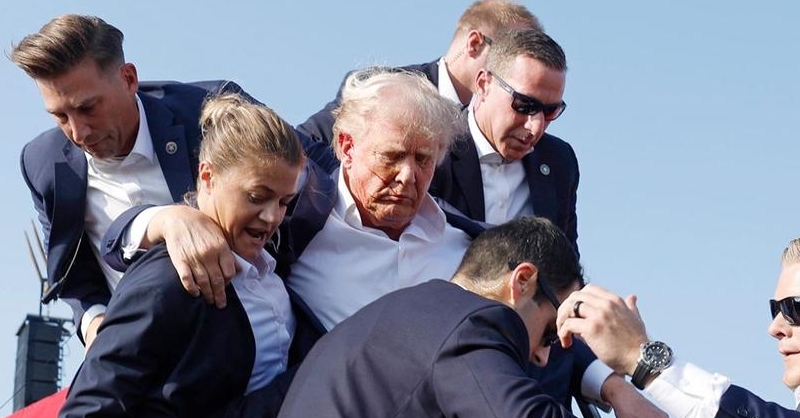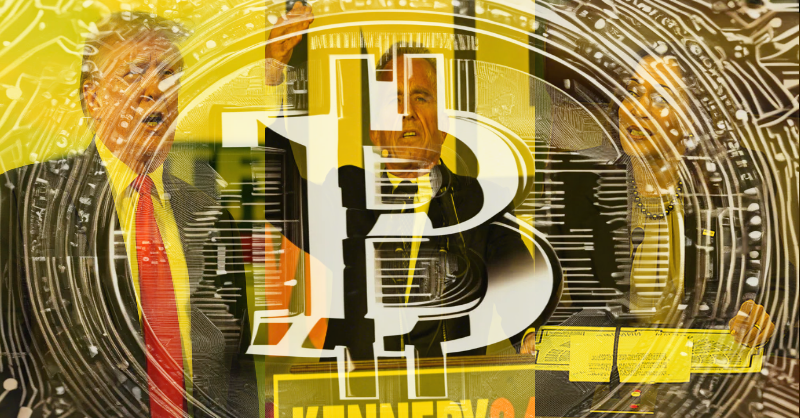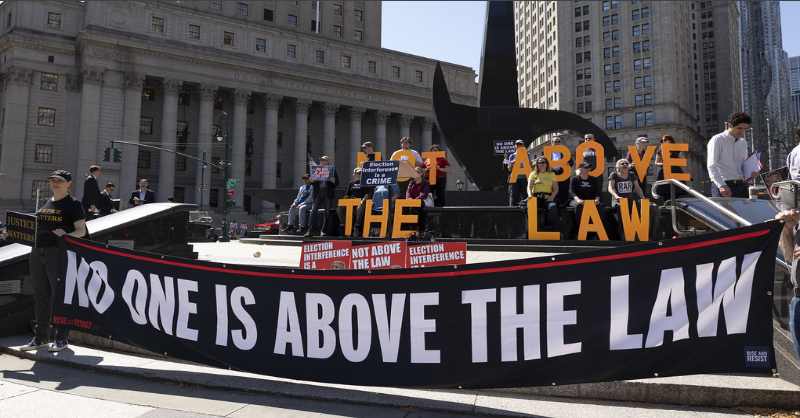Assassination attempts in a democracy are profound
and direct attacks on the very foundation of democratic governance.
Democracy was designed to create peaceful transitions of power in
periodic, bloodless coups. The kind of assault we saw against Donald
Trump undermines the principles and institutions that sustain
democratic societies. To understand the gravity of such attacks, it
is crucial to examine how they threaten democratic values, disrupt
political processes, and erode public trust.
At the heart of a democracy is the principle of
peaceful political competition. Democracies thrive on the exchange of
ideas and the contest of policies within a framework of lawful and
non-violent processes. Assassination attempts, by their nature, seek
to eliminate political opponents or leaders through violence rather
than through debate and elections. This undermines the democratic
process by substituting coercion for consent and fear for reasoned
discourse. When violence becomes a tool for political change, it
negates the foundational democratic principle that sovereignty
resides with the people and that political power should be decided
through peaceful means.
Assassination attempts disrupt the political
process by creating an atmosphere of instability and intimidation. In
democratic systems, leaders are elected to represent the will of the
people and to make decisions on their behalf. An assassination
attempt not only removes an individual from this role but also
creates a power vacuum that can lead to uncertainty and chaos. This
disruption can paralyze governance, delay critical decisions, and
hinder the implementation of policies necessary for the welfare of
the state. The ripple effects of such violence can extend beyond the
immediate political sphere, affecting economic stability and social
cohesion.
Look at Venezuela.
The psychological impact assassinations have on the public cannot be understated. Democracies rely on the trust
and engagement of their citizens. When an assassination attempt
occurs, it can instill fear and erode public confidence in the safety
and efficacy of democratic institutions. Citizens may become
disillusioned with the political system, feeling that their
participation in the democratic process is futile or dangerous. This
loss of trust can lead to lower voter turnout, diminished civic
engagement, and a weakened sense of community, all of which are
detrimental to the health of a democracy.
Furthermore, assassination attempts often provoke
a cycle of retaliation and further violence. In a democracy,
conflicts are ideally resolved through legal and constitutional means,
such as the judiciary and legislative processes. However, violence
begets violence, and assassination attempts can lead to repressive
measures or escalations that further erode democratic norms. The
response to such violence, especially in cases of severe civil
unrest, might include increased security measures or even curfews,
which, while intended to protect, can infringe upon civil liberties
and freedoms. This erosion of rights, in turn, diminishes the very
principles that define a democracy.
Historically, assassination attempts have had
profound consequences for democracies. The assassination of political
leaders has frequently led to significant shifts in political power,
often resulting in the rise of authoritarian or less democratic
regimes. For instance, the assassination of Archduke Franz Ferdinand
in 1914 set off a chain of events that led to World War I, which had
far-reaching effects on the political landscape of Europe. Similarly,
the assassination of leaders in various democratic nations has often
led to periods of instability and has sometimes opened the door for
non-democratic forces to gain power.
Had Donald Trump's potential assassin succeeded,
it could have sparked intense riots, escalation, and even a civil
war.
Assassination attempts in a democracy are not
merely acts of violence against individuals; they are direct attacks
on the soul of democracy. By undermining peaceful
political competition, disrupting governance, eroding public trust,
and provoking further violence, such attempts threaten the core
values and institutions of democratic systems. The health of a
democracy depends on the ability of its citizens and leaders to
resolve conflicts through dialogue and lawful means, rather than
through violence. Therefore, safeguarding democratic processes
against such attacks is crucial for maintaining the integrity and
efficacy of democratic governance.










